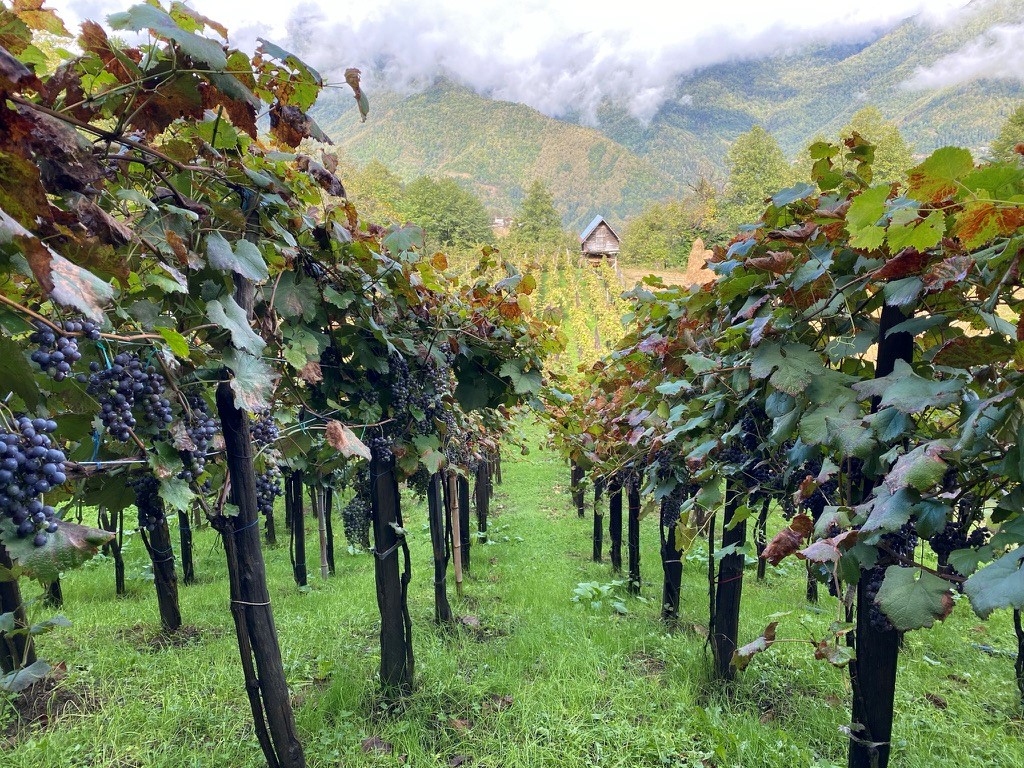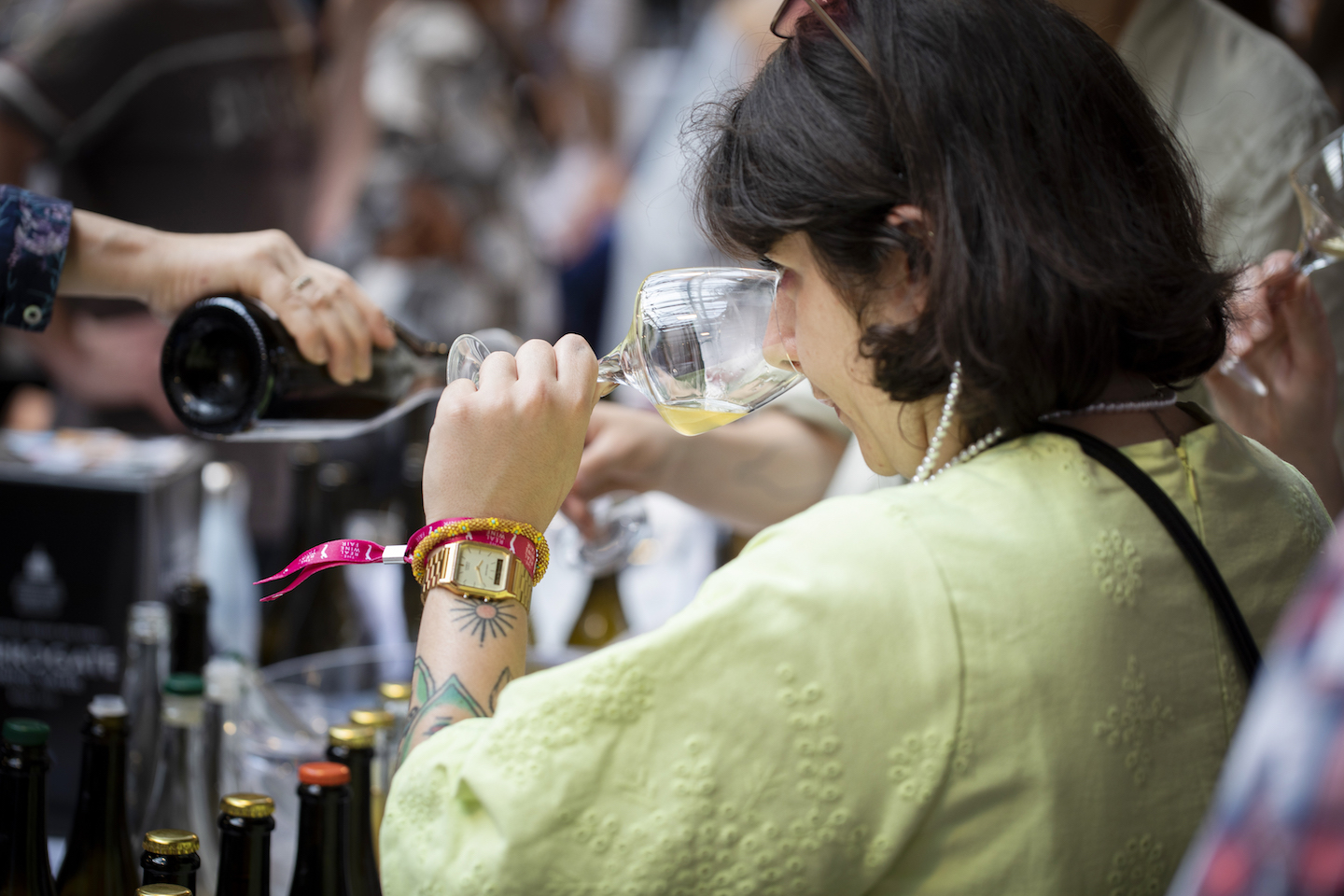A matter of taste
‘To show the relativity of what’s good taste and what’s not is something I like to play with.’ ~ Jean-Paul Gaulthier
‘I have drunken deep of joy, And I will taste no other wine tonight.’ ~ Percy Bysshe Shelley
Sometimes the self-evident must be spelled out in Promethean-sized capital letters. The Hollywood sign of the bleedin’ obvious. The proposition is simple: “Taste is largely subjective”. That crashing noise you hear is the sound of shocked wine informers fainting into spittoons at salons all over the world.
It is a truth universally acknowledged but so facile, that to utter it is tantamount to opening a Pandora’s box of truisms. Yet, its truth is devalued by the fact that many assume that merely because they hold strong opinions, that those opinions must, by definition, be correct. In matters of taste, however, there must be some standards. And this is where it gets tricky.
The idea that you can objectively quantify the quality of wine, stems from the aged-old precedence given to marking systems, tasting panels, appellation judges and the so-called expertise of hierarch-bishops of opinion. Although the names may have changed, the Pliny-and-Parker show rolls on. Reputations are conferred upon certain wines by those who we deem know best and this is how perceptions are generated and and monetary value accrues from that.
You can be a total wine novice or a grizzled geek, if you are adventurous and open to investigating taste possibilities, you will experience new shapes, new colours, new tonalities and recognise that real wine is a living, energetic thing.
Even if we resist the idea that judgemental certainty rules, this is not to say that one should not apply objective markers for evaluating wine, more than one should be cautious of imposing one’s set of evaluative norms on others.
Through the process of education, wine-informers acquire the tools with which they feel they can make authoritative pronouncements about their specialist subject. The danger of such education is that it teaches us to put information into boxes rather than encouraging people to question received wisdom. Thus, individuals may emerge from wine courses convinced that they already know all the answers and they have evolved a fully realised idea of good and taste. Taste cannot be taught so easily; it is also something that comes from within.
I like to cite Du Vin! De l’Air by Jean-Pierre Frick. He describes two extreme types of taster: the academic and the adventurer. The academic, or professional, deconstructs wines on the basis of acquired knowledge. For them tasting is a matter of professional decorum, since they are tasting not just for themselves, but for knowledge itself, a knowledge that will be codified and organised and brought to bear later. The adventurer, meanwhile, is intuitive; he or she prefers to sense the wine rather than judge it right or wrong. Normative values do not apply – the here-and-now is what matters, the very experience of tasting which excites the imagination and arouses the emotions.
‘The explorer, on the other hand, has rarely attended tasting lessons, opting to break away from such a structure. It is their senses that are alert, mental analysis takes a back seat. They find it easy to express their feelings; feelings evoked by colours, aromas and flavours, translated through a barely-codifed vocabulary and personal expressions of hyperbole. The language they use encompasses all of their perceptions at once. Some explorers describe physical effects: “This wine resonates down to the tips of my toes”, or “This wine is electric”. For them, the percentage of grape varieties in a given blend or the type of the soil on which they are grown is secondary to their experience of it. For the explorer, the wine evokes an atmosphere, a state of mind, encounters in other circumstances. Open to blind tasting, they spontaneously announce what they would like to cook or eat with the wine they are drinking.
The unusual and the unknown excite and delight them. Their appreciation of the wine will remain the same regardless of its appellation or price. Instead of filing it away inside their heads, they spend time thinking about which exact friends they would like to share it with. Discovery, astonishment, and surprise take precedence over conventional points of reference…’
You can be a total wine novice or a grizzled geek, if you are adventurous and open to investigating taste possibilities, you will experience new shapes, new colours, new tonalities and recognise that real wine is a living, energetic thing.
I also believe that which we are told we must admire, and is deemed excellent, can be…boring. Wine is too often put on a pedestal and regarded – even worshipped – as fine art. Wine professionals enjoy the sensation of tasting something akin to wine perfection, that quality of complexity that elicits a desire to award marks to denote due recognition of that quality. Yet what quality are we talking about? A sense of the wine’s longevity, an appreciation of its historical reputation, the recognition of sublime potential, of the wine of its architectural magnificence, its sheer monumental opacity?
Unless you are going to Coravin it, and subject it to a variety of circumstances over a long period, a wine has one shot to give us pleasure. That opportunity may be instantaneous or over the course of a day or the next day. Our excitement and pleasure are bound in the moment; we are a fundamental part of the experience. Detaching ourselves and judging a wine as if it was an artefact created for entirely that purpose, is an exercise in artifice.
And wine changes according to how we taste. I think it was Mao (making an analogy for something completely different) who said that if you want to know to know the pear, you must bite into it, and once you do that, you change the pear itself.
From Mao to Marx. Groucho not Karl. “Well, Art is Art, isn’t it? Still, on the other hand, water is water. And east is east, and west is west and if you take cranberries and stew them like apple sauce they taste much more like prunes than rhubarb does. Now you tell me what you know.” The real education about wine involved a personal journey where one discovers that taste is not be found only in a text book or in a critic’s judgement, but stems from within and acknowledges the (beautiful) mutability of wine.



